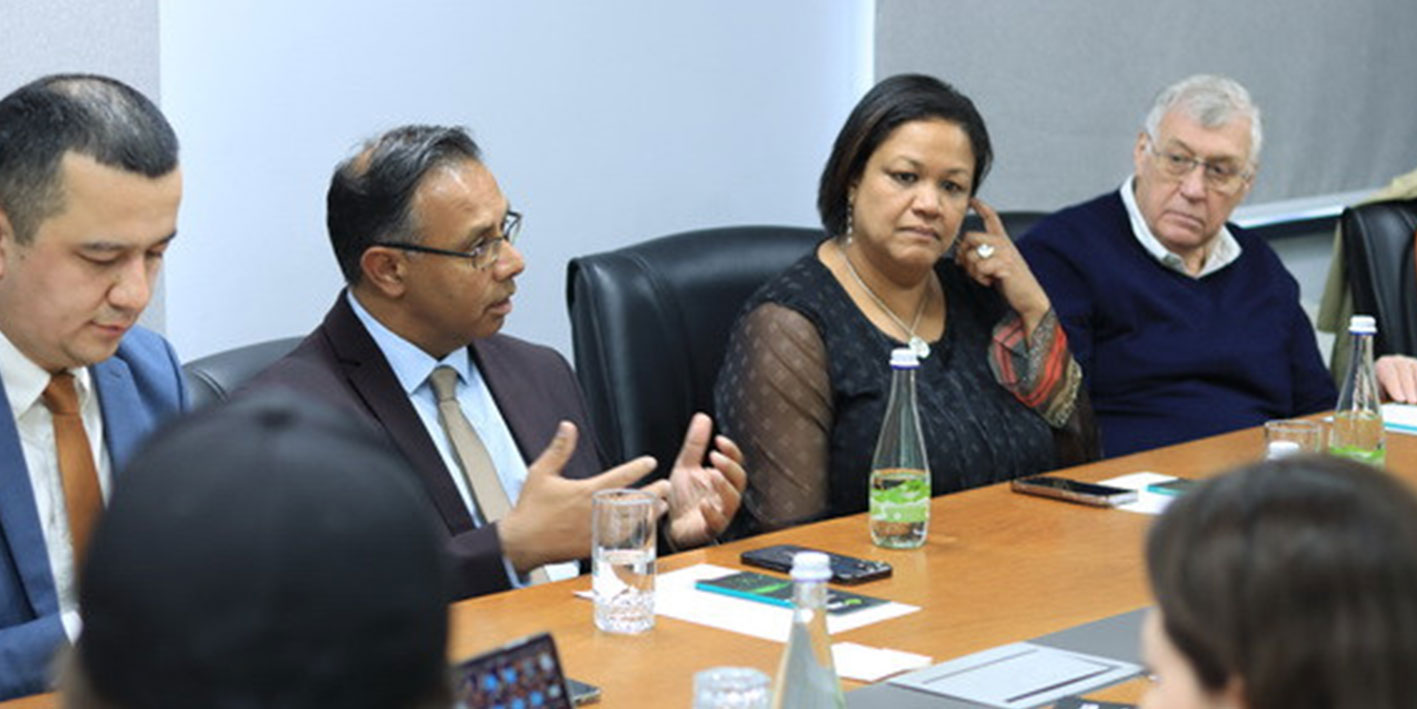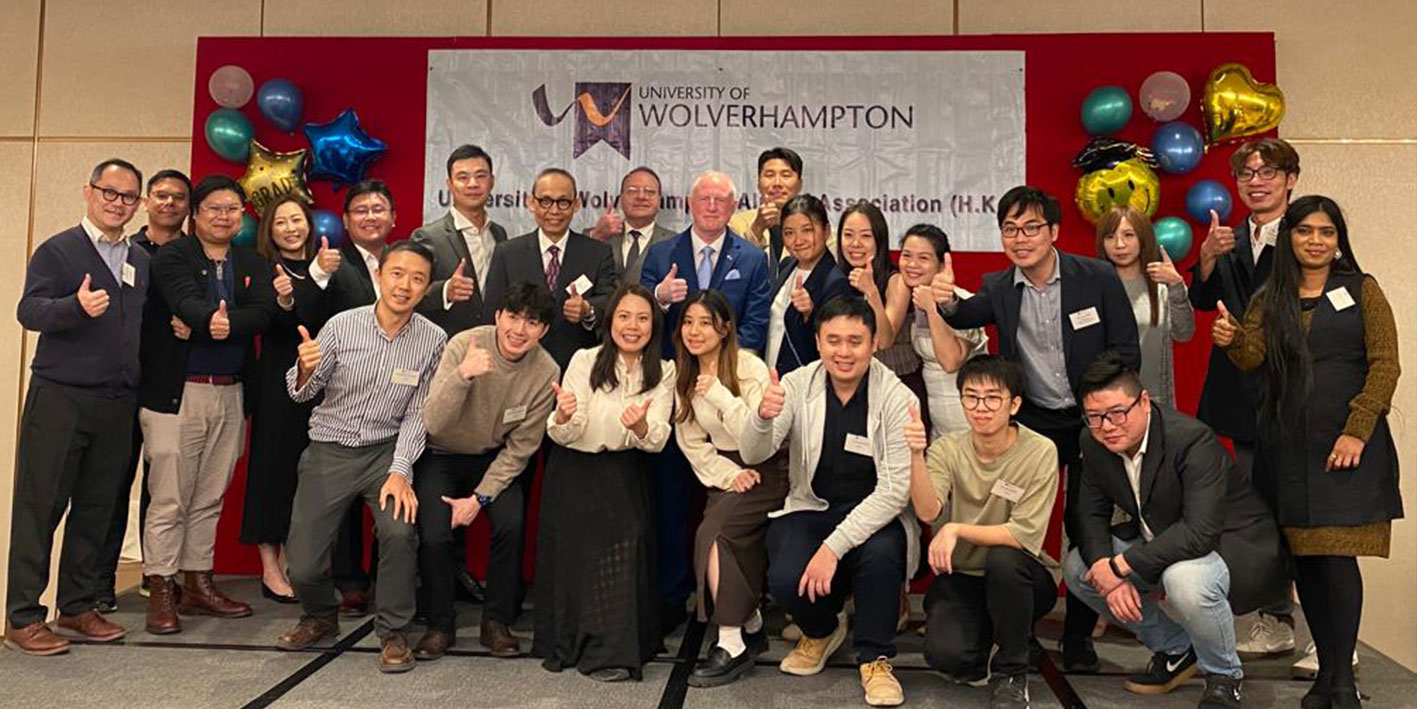
PROTECTING FORESTS FOR FUTURE COMMUNITIES
Our latest stakeholder magazine, Dialogue, is out NOW and here is one of our articles featured in the Spring 2016 edition.
Read more here: http://www.wlv.ac.uk/about-us/news-and-events/wlvdialogue/
PROTECTING FORESTS FOR FUTURE COMMUNITIES. FUTURE SUSTAINABLE CLIMATE
With deforestation happening across the globe, the people who live within forest communities risk losing everything. The University of Wolverhampton’s Centre for International Development and Training (CIDT) is trying to change that by helping to give the communities a voice and educating at grassroots level.
Claire Tallentire finds out more.
As countries look to develop, forests across the world are under threat. They can be cut down to make way for land or business developments or resources, such as palm oil. As well as having a devastating impact on local wildlife, ecosystems and C02 emissions – losses from agriculture and deforestation are thought to, at present, account for around 20% of additional C02 emissions – many indigenous communities still rely on the forests for food, medicine, shelter and for trade.Without any – or poor – forest governance, the lives of these communities are under threat.
The University’s CIDT is working with civil society organisations in many deforestation at-risk countries to help educate indigenous communities of their rights and how to negotiate with Governments to ensure their considerations are taken into account when forest areas are to be developed.

Dr Aurelian Mbzibain, senior consultant, CIDT, explains more. “On a global context, poor forest governance is getting worse,” says Mbzibain. “Many countries have corruption at Government level – officials may have their own timber companies, therefore an avid interest in cutting down forests – or the communication is poor between different Government departments; so areas which were protected by one official may then be assigned for development to a timber company by another.
“Indigenous communities that traditionally have never had a voice – the people who’ve always lived in the forests – are having their habitats cut down without a say or a chance to put their case forward. There’s a change in microclimates, so the animals they depend on for food are either killed or move on. Medicinal plants disappear. If the routes to where they fish or collect nuts are blocked by fallen trees or heavy duty equipment, they can’t get there.”
CIDT has over 40 years’ experience of consultancy, training and project management in international development in more than 120 countries worldwide. In January 2014, it was awarded the £1.9 million contract to educate the civil society organisations in Cameroon and Central African Republic on forest governance rights for indigenous communities and the education of future forest governance employees.
The project has just come to an end this year, with positive results and a model that can be shared globally.
“Civil society organisations and universities have been our key targets in these countries,” explains Mbzibain. “Through our training with the civil society organisations, they will then teach the forest community leaders about their rights and how to stand up for themselves at Government meetings, as well as how to analyse Government policies and make proposals.
“We’ve also been working with universities, such as University of Dschang, Cameroon, and University of Bangui in Central African Republic, to improve their forest governance curriculum. If their graduates are looking for jobs in this industry, understanding the rights of forest people at curriculum stage will go a long way in their empathy and knowledge towards those communities when they go into working for a timber company or at Government level.
“The University of Dschang now has a new forest governance course at Master’s Level. We are developing reference programmes which can be shared across any university to improve education in this area.”
One of the pieces of work from the project that Mbzibain is most proud of is how CIDT contributed to securing a positive future for forest governance and indigenous communities in Central African Republic, when the country redrafted its constitution in 2014.
“The forest communities there had never been consulted by Government before to make any contribution to the forest reform process,” says Mbzibain. “During a time of civil war and unrest in the country, CIDT spotted the opportunity for the communities to be involved in the consultation process; the EU and Department for International Development supported us with funding, at a high risk implementation time.
“We engaged a process through the civil society organisations for local forest communities to educate them on what a constitution is and why they should be getting involved – through information days and similar. 3,000 people were involved in identifying key concerns for the forest communities and there was a convention on the rights of indigenous people.
“The outcome was their issues were integrated into the draft constitution. That’s the highlight of the project for me – we’ve helped to change what was a weak civil society coming out of a war, forest communities that were never consulted, and parliamentarians with no history of working with forest communities. The University of Wolverhampton has helped to influence the constitution of a country!”
So whilst we hear the bad headlines about the effects of deforestation, it’s comforting to know that there are individuals and organisations out there at grassroots level educating the forest communities about how to have a voice and influence Government. Whilst we may not be able to stop deforestation en masse, the knowledge of the communities that rely on them is spreading and they’re increasingly able to secure their own areas so no developments happen on them.
For more information please contact the Corporate Communications Team.


/prod01/wlvacuk/media/departments/digital-content-and-communications/images-2024/240328-Varsity-Line-Up-Resized.jpg)
/prod01/wlvacuk/media/departments/digital-content-and-communications/images-18-19/220325-Engineers_teach_thumbail.jpg)
/prod01/wlvacuk/media/departments/digital-content-and-communications/images-2024/240404-Digital-Humanities-Training-Resized.jpg)
/prod01/wlvacuk/media/departments/digital-content-and-communications/images-2024/240320-Uzbekistan-Resized.jpg)
/prod01/wlvacuk/media/departments/digital-content-and-communications/images-2024/240229-The-Link-Resized.jpg)
/prod01/wlvacuk/media/departments/digital-content-and-communications/images-2024/240404-Pharmacy-Students-Resized.jpg)

